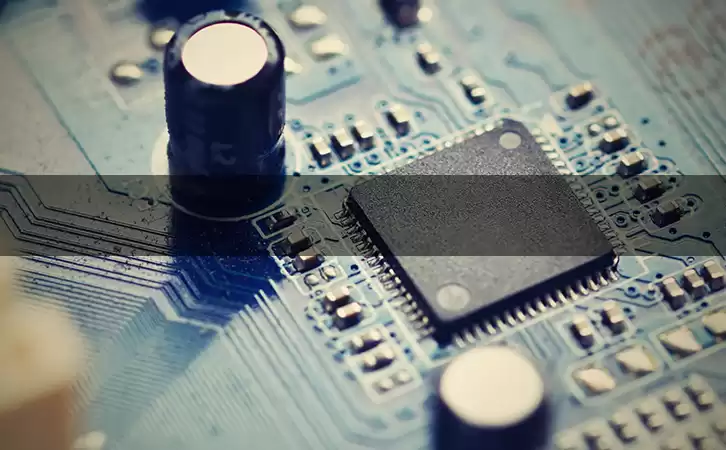Information Center
Li-ion Battery Charger 36V: A Comprehensive Guide

The Li-ion battery charger 36V is an essential device that enables electric bikes, electric scooters, and other similar vehicles to operate seamlessly. If you are an EV enthusiast or owner, understanding everything about this crucial electronic accessory is a must.

In this comprehensive guide, we will delve deeper into Li-ion battery charger 36V, covering everything from the working principle to the benefits and market options, and how to choose the right charger for your EV.

What is a Li-ion Battery Charger 36V, and How Does it Work?
A Li-ion battery charger 36V is a device used to recharge the lithium-ion battery pack that powers standard electric bikes, electric scooters, and other applications that use Li-ion technology. The charger comes in various input and output voltages, with the most common being the 36V.
The Li-ion battery charger 36V works by converting AC power from a standard outlet to DC power for the battery pack. It uses a specific charging algorithm controlled by a microcontroller to manage the charging cycle.
The charger has two stages of charging, the Constant Current (CC) and the Constant Voltage (CV). During the CC stage, the charger delivers a constant current to charge the battery pack up to a predetermined level. As the battery pack charges and its voltage increases, the CV stage initiates, where the charger delivers a constant voltage to complete the charging process.
What are the Benefits of Li-ion Battery Charger 36V?
Choosing a Li-ion battery charger 36V for your EV comes with several benefits, including:
1. Faster Charging
Compared to other types of batteries such as lead-acid, Li-ion batteries have a higher charge acceptance rate. As a result, Li-ion battery chargers deliver faster charging, allowing you to get back on the road quickly.
2. Longer Battery Life
Li-ion battery chargers are designed to use a specific charging algorithm that prevents overcharging and undercharging, which are common causes of battery failure. With consistent charging, your battery is likely to have a longer lifespan.
3. Easy to Use
Li-ion battery chargers come in various sizes, with most models being compact and easy to use. The charger has a standard output voltage and current, making it easy to plug and play with your EV.
How to Choose the Right Li-ion Battery Charger 36V
Choosing the right Li-ion battery charger 36V can be overwhelming, especially with many options on the market. Here are some factors to consider when selecting a charger.
1. Voltage and Current Capacity
The first essential factor to consider is the charger’s voltage and current capacity. Consider the voltage and current rating of your EV battery pack to ensure that you choose a charger with the right capacity. This will help prevent damage to your battery pack due to overcharging or undercharging.
2. Charging Rate
The charging rate or the charge time is the amount of time it takes for the charger to charge your battery pack fully. Consider the charging rate of the charger to ensure that you choose a charger that delivers faster charging.
3. Brand and Reputation
Choose a reputable brand with positive customer feedback. Reputable brands are more likely to deliver high-quality chargers that meet the required standards.
Conclusion
Li-ion battery charger 36V is an essential device for the operation of electric vehicles. When selecting a charger for your EV, consider the voltage and current capacity, charging rate, brand and reputation, among other vital factors. Choosing the right charger guarantees faster charging, longer battery life, and ease of use, among other benefits.
IntroductionGolf carts serve as vital transportation tools on golf courses, and their performance and reliability are crucial for enhancing player experience an···
The battery pack is the heart of a golf cart, silently powering every acceleration and climb on the green. However, battery degradation often goes unnoticed, mu···
The battery pack is the heart of a golf cart’s power system, yet maintaining it has long been a challenge for technicians. Traditional troubleshooting methods—···
For golf course managers, ensuring smooth and efficient operations is crucial for providing a memorable experience for golfers and maintaining the reputation of···





